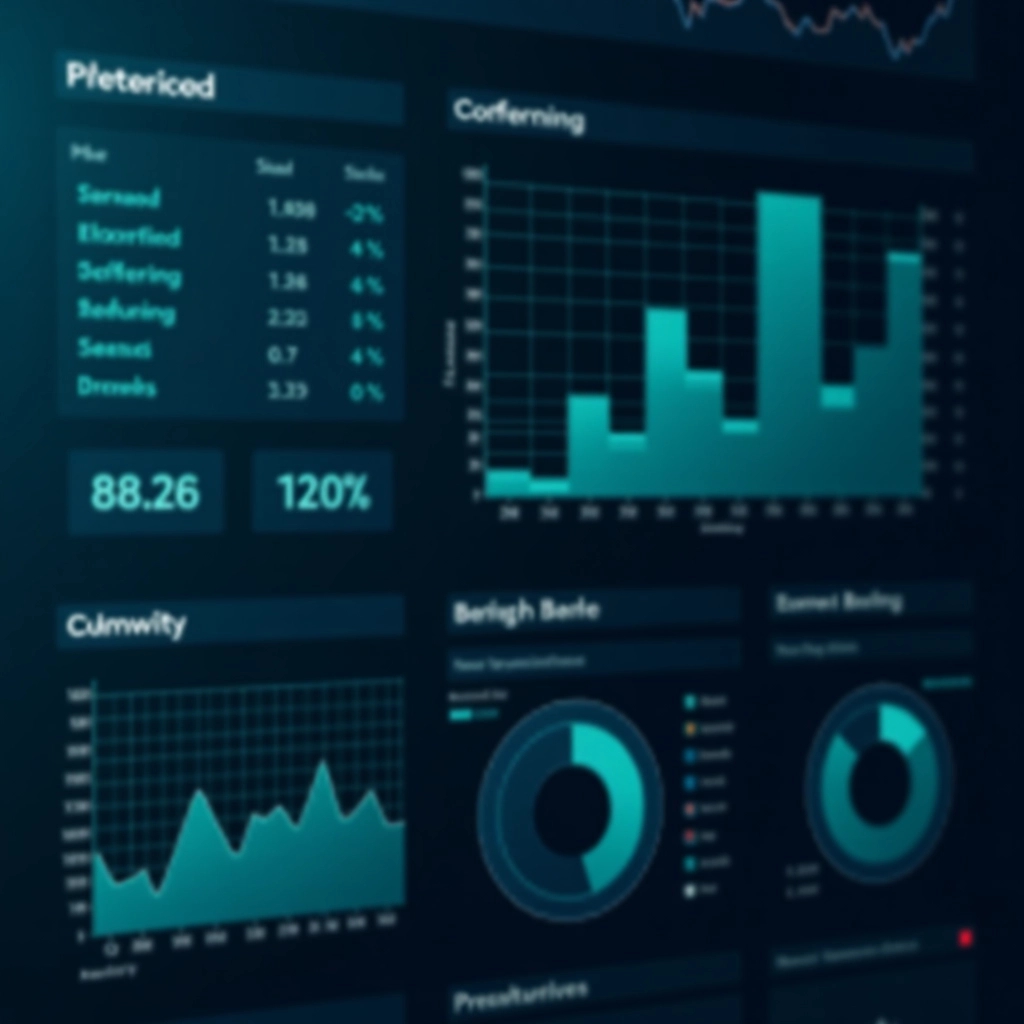Mortgage rates play a significant role in shaping the housing market, affecting millions of people's ability to purchase or refinance homes. While it may seem daunting to navigate the complexities surrounding mortgage rates, understanding the key factors that influence them can help homeowners and aspiring buyers make informed decisions. In this article, we'll delve into the most important factors that impact mortgage rates, exploring how economic indicators, inflation, and government debt shape these crucial numbers.
Inflation's Impact on Mortgage Rates
According to Investopedia, inflation has a profound effect on lenders setting their mortgage rates. During periods of economic growth, consumers are more likely to borrow money, leading to higher demand for credit and subsequently, higher interest rates. This is because lenders increase the cost of borrowing to compensate for the increased risk of default. Conversely, when inflation is low or decreasing, lenders may offer lower interest rates to attract borrowers.
The Rise in Monthly Payments
A recent Data Spotlight report highlights the significant impact of changing mortgage interest rates on monthly principal and interest payments. Between 2021 and 2023, interest rates jumped from historic lows to highs, resulting in a staggering 78% increase in monthly payments. This substantial rise underscores the importance of monitoring interest rate fluctuations.
The Role of Economic Indicators
Mortgage rates are intricately linked to economic indicators such as GDP growth, unemployment rates, and inflation. An in-depth analysis reveals that changes in these indicators can significantly influence mortgage rates. For instance:
* Strong economic growth can lead to higher interest rates, making borrowing more expensive.
* A low unemployment rate may prompt lenders to increase rates, assuming a stronger economy will support higher borrowing costs.
* Rising inflation can drive up interest rates as lenders seek to protect themselves against potential defaults.
Government Debt's Influence
CBS News reports that government debt often has a counterintuitive effect on mortgage rates. Despite other factors suggesting rates should fall, government debt can push them higher. This phenomenon is attributed to the increased demand for borrowing in response to economic uncertainty, leading lenders to raise interest rates.
What to Expect this Fall?
As we head into the fall season, several factors may impact mortgage interest rates. Government debt, in particular, will likely continue to play a significant role. Additionally:
* Changes in economic indicators, such as GDP growth and unemployment rates, could influence rate fluctuations.
* Inflationary pressures may arise due to supply chain disruptions or global events, driving up interest rates.
For more on this topic, see our article on Related Article.

